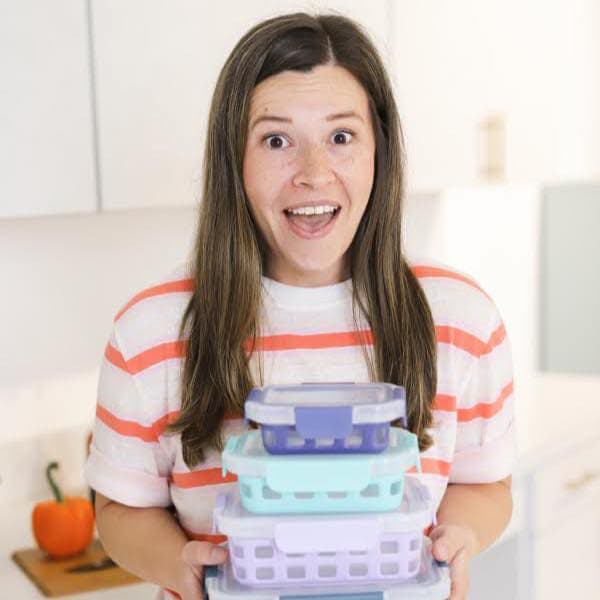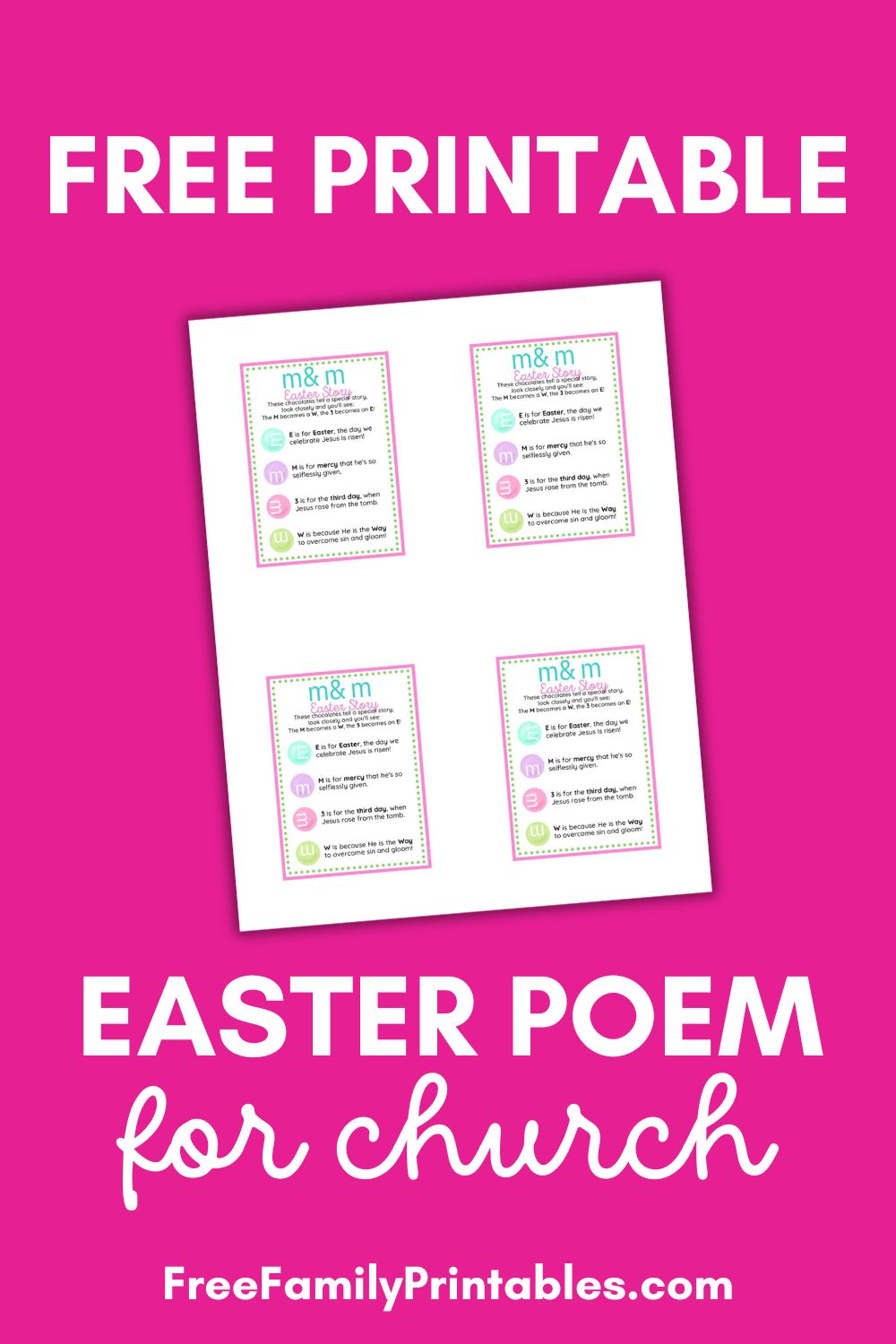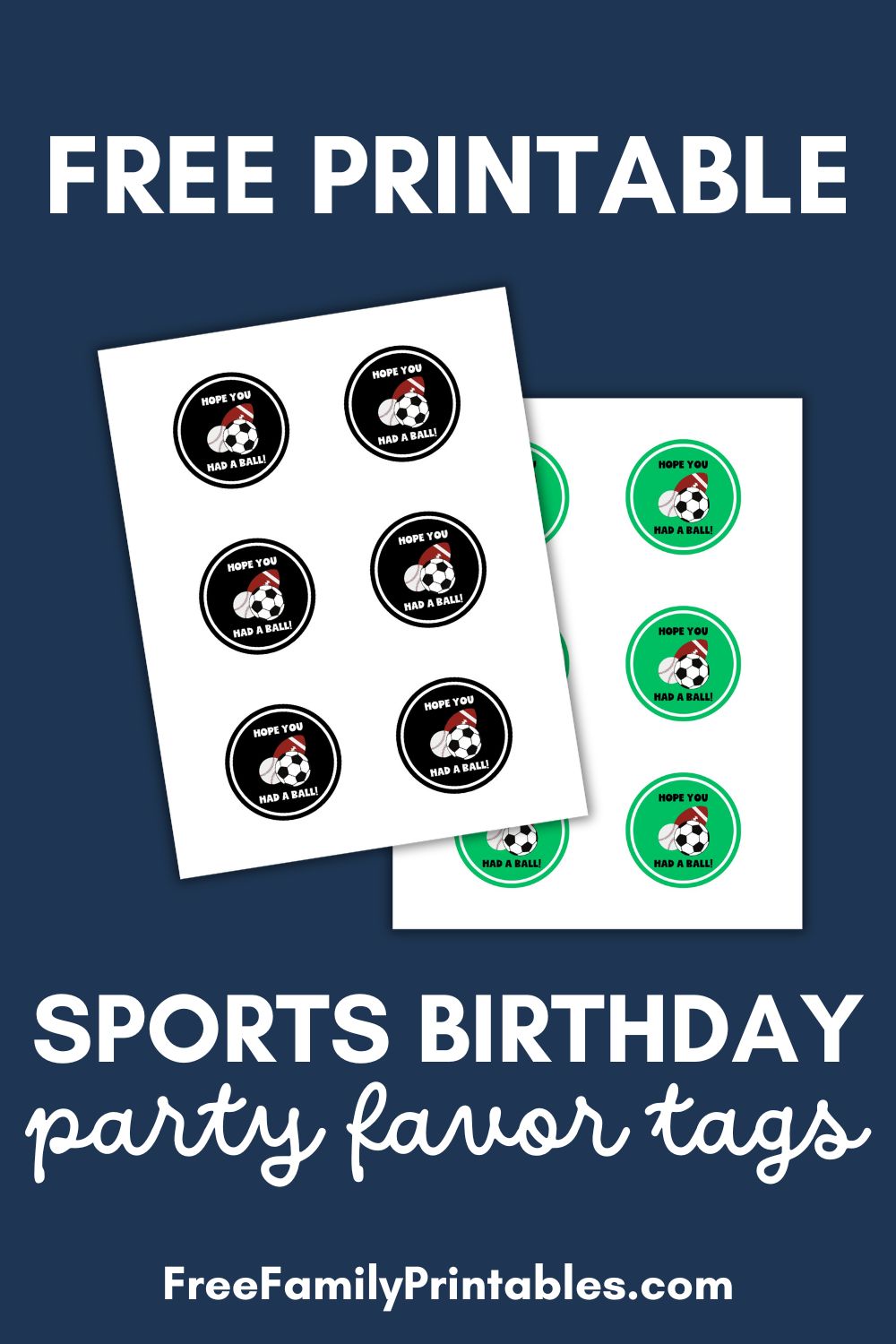Are you ready to pay off debt so you can finally start to save for your future?
That’s great! The only problem is that you might not know what to do first.
Is it better to pay off debt or save?
It can all seem a little overwhelming if you don’t have a plan, and you’re not sure which is more beneficial for your current financial state.
There are several things you should look at before deciding to pay off debt or save for the future.
Our family is currently working through paying off our six figure debt, and it has definitely crossed my mind several times that maybe we should be saving or investing! It’s a daily struggle!
I believe the most effective method for building wealth is to pay off all of your debt before you start to save.
There are several reasons that this plan works, and I’m going to share them with you today!
The absolute first thing you should do before you decide to pay off debt or save is to organize your finances.
Let’s walk through this together, right now!
More resources:
- Make a Budget for Beginners
- How to Pay Off Debt Fast
- Monthly Budgeting Percentages
- Why you Need a Budget for Your Household
Figure Out How Much Debt You Owe
Develop a debt pay off plan by writing out all of your debt.
Order your debt from smallest amount owed to largest amount owed.
Some people suggest ordering your debt from highest interest rate to lowest interest rate so you can work on paying off the highest interest rate first.
You can certainly do this, but I recommend the Dave Ramsey Baby Step plan to pay off debt fast.
It’s super motivating to see the smallest debt disappear and be able to quickly move on to the next debt.
Develop a plan to pay off debt fast so you can start saving sooner.
Now that you know how much debt you owe, you can calculate your debt free date. You can add everything up yourself, or use a debt payoff calculator to see how long it will take you to become debt free based on several different factors (like income and time).
Divide your total debt by the number of months that you want to work on to become debt free.
For example, if you have 100,000 of debt, and divide it by 36 months (or 3 years), you will need to have 2,777 each month to throw at debt.
Can you do that based on your current income?
If not, can you increase your income by asking for a raise, changing jobs, or grabbing an awesome side hustle?
Create a solid budget to Pay Off Debt fast and saving will be your next natural step.
Learn how to live on a budget so you can pay off debt fast. There are two simple sides to the debt payoff equation.
Live on less, and make more money.
If you can figure out how to live on much less than you are now, you will be amazed at how much extra income you can find to pay off debt.
Once you pay off debt, you will be able to save more of your income.
I don’t want to miss out on compound interest or my 401k match, should I Pay Off Debt or Invest?
It’s common to be worried about missing out on the power of compound interest, or free money in a 401k match.
It’s true that you might miss out on these little perks while you are focusing on paying off your debt.
However, the reason you will be successful on paying off your debt is because you are concentrating completely on one thing.
If you try to invest, save, pay off debt, and buy ALL THE THINGS at once, you will struggle to make progress.
Should I Pay Off Debt Before Buying a House? I don’t want to waste money on rent!
I can totally relate to people that worry about throwing away money on rent! My husband and I have been renting our whole life.
We began renting right after we got married because we were in residency, and we knew we wouldn’t stay in that location.
Then, we decided to continue renting when we moved to Texas from Florida, because we weren’t familiar with the area we were moving to.
Once we started our medical practice in 2016, we thought we were ready for home ownership. Luckily, we weren’t able to qualify for a home loan due to our practice being so new. I’m now thankful for this, because taking on a mortgage would not have been a good idea based on our current six figure debt situation!
Yes, we could probably buy a house now, for much less than the rent we pay each month, but we only have a small emergency fund right now while we wade through our six figure debt.
Can you imagine if we moved into a house with a tiny emergency fund and six figure debt sitting on our chest? I have no doubt that the roof would collapse the second we moved in and probably bankrupt us!
Waiting until you are debt free with an emergency fund of 3-6 months expenses, and a 10-20% down payment sounds a lot less stressful and it’s what we strive for.
Should I Pay Off Student Loan Debt before I save?
Many people try to justify student loan debt by saying that it is “good debt”. Debt is debt!
I used to believe that student loans were an investment in my education, and therefore looked great on my credit report, and so I was in no rush to pay them off.
That giant student loan payment each month is only holding you back from your financial goals! Get them paid off fast so you can send $2,000 to savings instead of to Sallie Mae.
Can you imagine how much money you could save if you were debt free?!
What’s keeping you from being able to pay off debt and start saving? Let me know in the comments so I can help!

Leave a Reply






I disagree that you should prioritize your debts by debt size. I think should prioritize them by interest rate. It is more efficient to pay off a high-interest debt over a low-interest debt.
Author
I agree it makes more sense mathematically, but we needed the quick wins. It keeps us motivated to knock off the little loans fast!